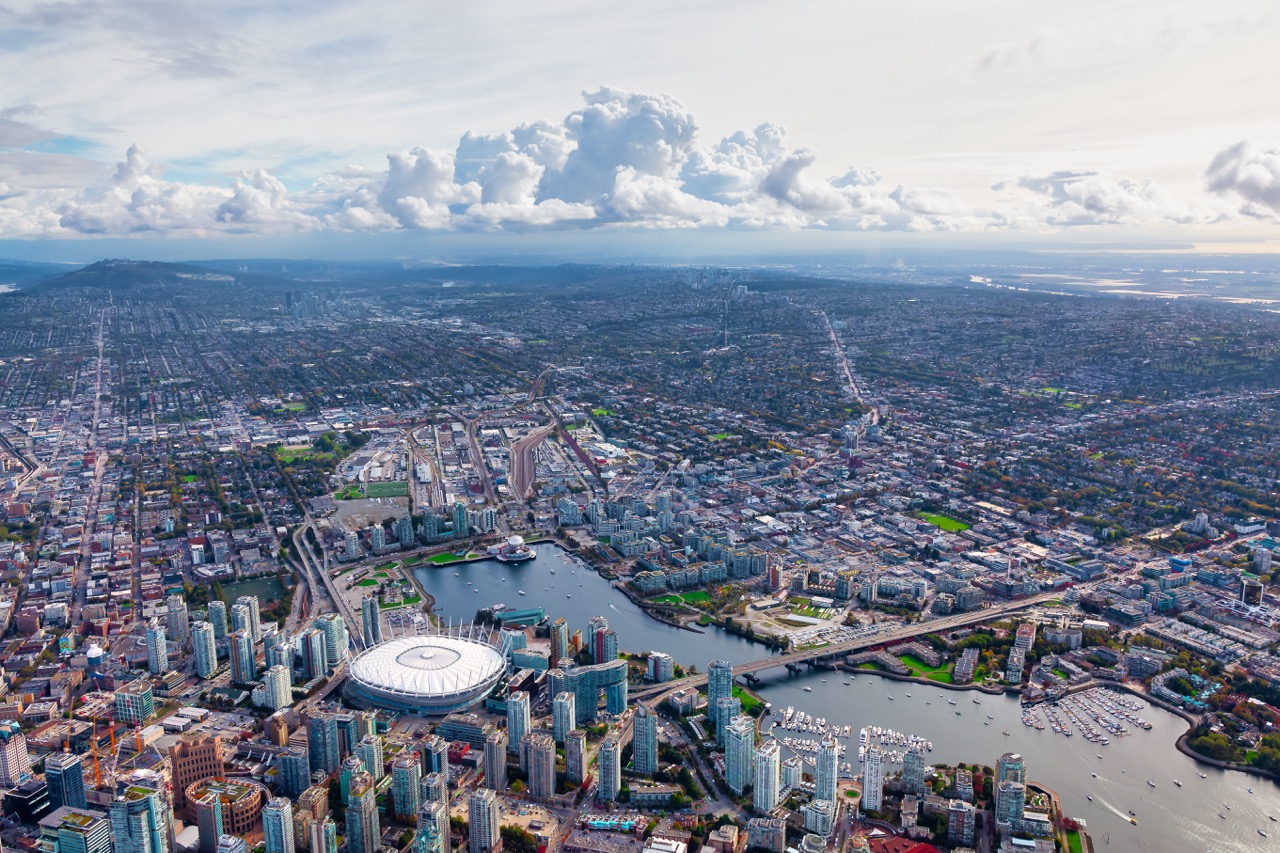Studying abroad is an exciting opportunity for international students seeking to enhance their academic journey and immerse themselves in a different culture. British Columbia (BC), with its stunning landscapes and diverse population, stands out as a popular destination for students from around the world. This article provides a comprehensive overview of what prospective international students can expect when studying in BC, along with essential tips for navigating the experience effectively.
Understanding the Benefits of Studying in British Columbia
British Columbia offers a unique blend of natural beauty, cultural diversity, and high-quality education, making it an attractive destination for international students. One of the key benefits is the province’s robust education system, which includes world-renowned institutions like the University of British Columbia and Simon Fraser University. These universities not only provide academic excellence but also promote research opportunities and innovative learning environments, preparing students for future careers.
Moreover, BC is known for its multicultural society, which allows international students to experience a variety of cultures while building lifelong connections. The province’s cities, such as Vancouver and Victoria, are vibrant hubs of arts, entertainment, and outdoor activities, enabling students to engage in both academic and personal growth. This exposure can lead to a more holistic educational experience, where students can develop essential soft skills like communication, teamwork, and adaptability.
Another advantage of studying in BC is the chance to improve language proficiency, particularly in English. As students engage with native speakers in academic and social settings, they can enhance their language skills, which are crucial for employability in today’s global market. Furthermore, BC’s educational institutions often have dedicated programs and resources to help international students improve their language abilities, making the transition smoother.
Choosing the Right Institution for Your Academic Goals
Selecting the right institution is critical for maximizing your educational experience in British Columbia. It is essential to consider various factors, such as the specific programs offered, the institution’s reputation, and the availability of resources tailored to international students. Researching universities and colleges thoroughly will help you find the best fit for your academic goals and personal aspirations. Websites, forums, and student reviews can provide valuable insights into the strengths and weaknesses of different institutions.
Additionally, prospective students should evaluate the campus culture and environment, as these aspects play a significant role in overall student satisfaction. Some institutions may have a more research-oriented focus, while others may prioritize hands-on learning and community engagement. Visiting campuses (if possible) or participating in virtual tours can help you gauge the atmosphere and see if it aligns with your expectations and needs.
Lastly, consider the location and lifestyle offered by the institution and its surrounding area. British Columbia boasts a variety of settings, from metropolitan cities to serene coastal towns. Your choice of institution may influence your daily life, including access to recreational activities, public transport, and social opportunities. Prioritizing your preferences and lifestyle will ensure that you make an informed and satisfying decision about your educational future in BC.
Navigating the Application Process for International Students
The application process for international students in British Columbia can seem daunting, but understanding the steps involved can simplify the experience. First, it is crucial to familiarize yourself with the specific requirements of your chosen institution, as these can vary significantly. Most universities require standardized test scores, letters of recommendation, and a personal statement, while colleges may have other criteria. Gather documentation well in advance to avoid last-minute complications.
Once you have all the necessary materials, pay close attention to application deadlines, which can differ between institutions and programs. Missing a deadline can jeopardize your chances of admission, so it’s essential to stay organized and proactive. It’s also advisable to reach out to the admissions office if you have any questions or need clarification on the process; they are there to assist you.
Finally, once you’ve submitted your application, be prepared for potential follow-up steps, such as interviews or additional documentation. If accepted, you will need to apply for a study permit to legally study in Canada. This process requires additional paperwork and can take time, so it’s best to start early. Understanding the timeline and requirements for both admissions and visa applications will help ensure a smoother transition to studying in British Columbia.
Essential Tips for Adapting to Life in Canada
Adapting to life in Canada can be one of the most significant challenges for international students, particularly those coming from vastly different cultural backgrounds. One of the first steps in acclimating is to familiarize yourself with Canadian customs and social norms. Understanding the importance of politeness, punctuality, and respect for personal space can help ease the transition and foster positive interactions with locals.
Building a supportive network can also greatly aid in your adaptation process. Engage with other international students, join clubs, or participate in community events to create connections and share experiences. Many universities offer orientation programs specifically designed to help new students adjust to their environment, so take advantage of these opportunities to meet peers and learn about available resources.
Lastly, taking care of your mental and physical well-being is vital during this transition period. Maintaining a balanced lifestyle, which includes regular exercise, healthy eating, and social activities, can help mitigate feelings of homesickness and anxiety. Don’t hesitate to seek support from counseling services or student organizations that focus on international student integration; they can provide valuable assistance and guidance.
Financial Planning: Costs and Funding Options Available
The financial aspect of studying abroad is a crucial consideration for international students. Tuition costs in British Columbia can vary depending on the institution and program, with international students typically paying higher fees than domestic students. It’s essential to conduct thorough research on tuition rates and additional expenses, such as housing, textbooks, and living costs, to develop a comprehensive budget.
In addition to tuition, students should consider potential funding options to alleviate financial burdens. Scholarships, grants, and bursaries are available specifically for international students at various institutions. Many universities have dedicated financial aid offices that can help students explore funding opportunities. Additionally, external scholarships from organizations and governments may be available, so it is worth researching these options as well.
Lastly, students should also be aware of part-time work opportunities while studying. The Canadian government allows international students to work on or off-campus for a limited number of hours, which can provide extra income to support living expenses. Balancing work and studies can be challenging, so it is essential to manage your time effectively and prioritize academic success while pursuing work opportunities.
Resources for Academic Success and Student Support Services
Access to academic resources and support services is crucial for international students striving for success in British Columbia. Most educational institutions offer a variety of academic resources, including libraries, study centers, and tutoring services. These resources provide students with the tools they need to excel academically, from access to scholarly articles to one-on-one tutoring sessions.
In addition to academic resources, students should take advantage of the various student support services available to them. Many institutions have dedicated offices for international students that offer guidance on immigration matters, cultural adjustment, and personal well-being. These services can help students navigate challenges they may face and connect them with necessary resources, such as counseling or peer support programs.
Furthermore, joining academic and professional organizations related to your field of study can enhance your learning experience and provide networking opportunities. Many universities host workshops, seminars, and conferences that can help students expand their knowledge and connect with industry professionals. Engaging with these opportunities not only boosts academic success but also prepares students for future careers.
Studying abroad in British Columbia offers international students a wealth of opportunities for personal and academic growth. By understanding the benefits of studying in this picturesque province, selecting the right institution, navigating the application process, and adapting to life in Canada, students can set themselves up for success. Financial planning and leveraging available resources are essential components of the journey. With the right preparation and support, studying in British Columbia can be a transformative experience that propels students toward their future ambitions.





